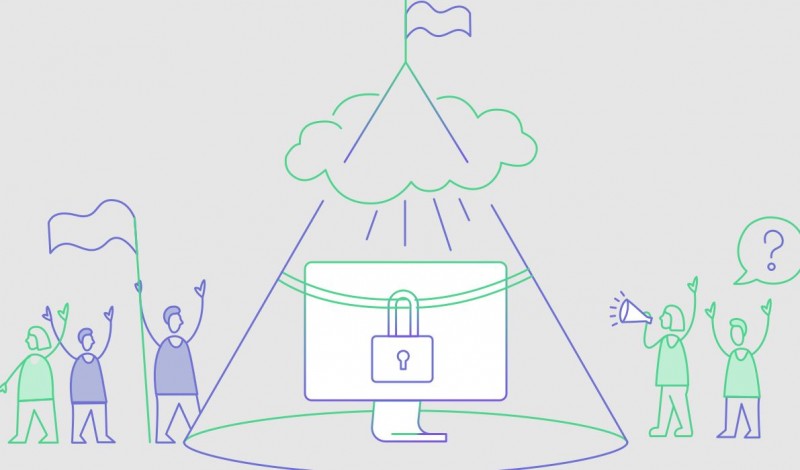
The digital age has revolutionized the way we communicate, access information, and share ideas. However, this rapid expansion of the internet has also led to concerns over the control of information and the restriction of free expression, giving rise to the contentious issue of internet censorship and its impact on freedom of speech.
Internet censorship refers to the practice of regulating and filtering online content, either by governments, private organizations, or internet service providers, to control the information accessible to users. At the same time, freedom of speech is a fundamental human right that allows individuals to express their opinions, ideas, and beliefs without fear of censorship or punishment.
The Evolution of Internet Censorship
The origins of internet censorship can be traced back to the early days of the internet when governments and institutions attempted to restrict access to certain websites and platforms. However, as technology advanced, so did the methods of censorship, leading to more sophisticated approaches.
Reasons for Internet Censorship
Governments around the world employ internet censorship for various reasons, including protecting national security, curbing hate speech, combating disinformation, and controlling access to adult content. While these reasons may seem valid, they often raise concerns about the infringement of freedom of speech.
The Impact of Internet Censorship on Freedom of Speech
The clash between internet censorship and freedom of speech has become a focal point of the digital age. As governments increase their control over online information, the ability of individuals to express dissenting opinions and access unbiased information becomes compromised.
Case Studies of Internet Censorship
Several countries have gained notoriety for their extensive internet censorship practices. China's Great Firewall, for instance, is one of the most comprehensive and advanced systems, blocking access to numerous websites and platforms. Russia and Turkey have also implemented strict measures to control online content.
The Role of Social Media in Internet Censorship
Social media platforms have become a central arena for discussions on internet censorship. These platforms face the challenge of balancing their commitment to free speech with the need to moderate content that may incite violence or spread misinformation.
Circumventing Internet Censorship
Despite strict measures, individuals have found ways to bypass internet censorship through the use of virtual private networks (VPNs) and proxies. However, governments often respond with countermeasures, leading to a constant cat-and-mouse game.
The Global Debate on Internet Censorship
Internet censorship is not limited to individual countries; it also sparks a global debate. Different cultural perspectives on free speech and censorship complicate finding common ground on this complex issue. Moreover, international human rights organizations monitor and advocate for free expression online.
Balancing Freedom of Speech and Responsible Online Behavior
Promoting responsible online behavior is essential to maintain a healthy digital environment. Education in digital literacy and fostering civil discourse can help strike a balance between preserving freedom of speech and preventing the spread of harmful content.
Internet Censorship and the Future
The future of internet censorship is uncertain. As technology continues to evolve, so will the methods of control. However, the push for internet freedom and the protection of free speech remain vital in ensuring a democratic and open digital world.
Edge Computing: Redefining Data Processing and Latency
Holographic Displays: Creating Interactive Visual Experiences